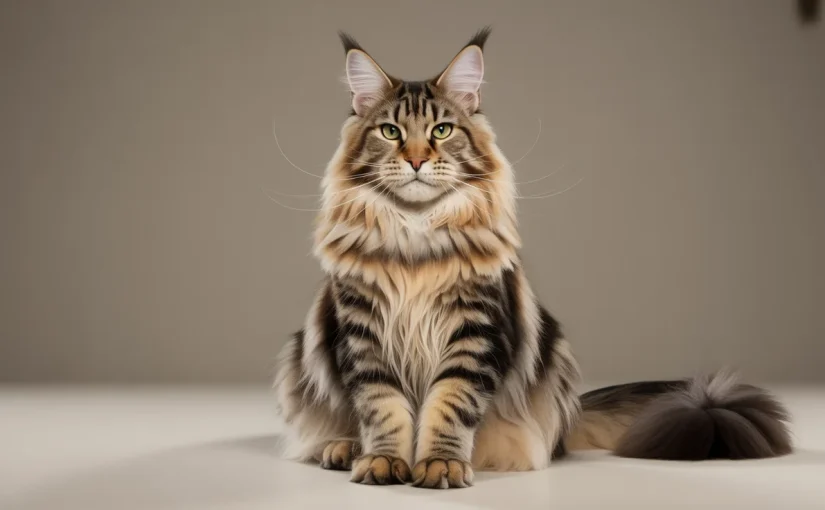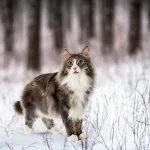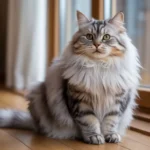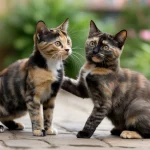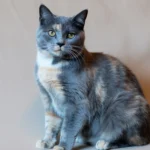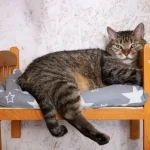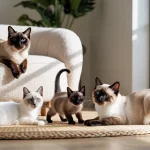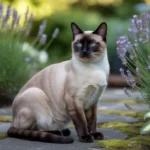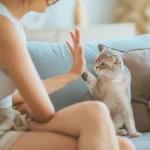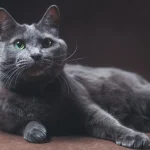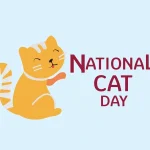The Maine Coon Cat is one of the most beloved domestic cat breeds worldwide, admired for its large size, long fur, and gentle temperament. Often referred to as the “gentle giant” of the feline world, this breed combines beauty, intelligence, and friendliness. Originating in the northeastern United States, Maine Coons have adapted well to family life and show remarkable social behavior. From their impressive stature to their playful and affectionate nature, understanding the Maine Coon Cat can help prospective owners prepare for a rewarding companionship.
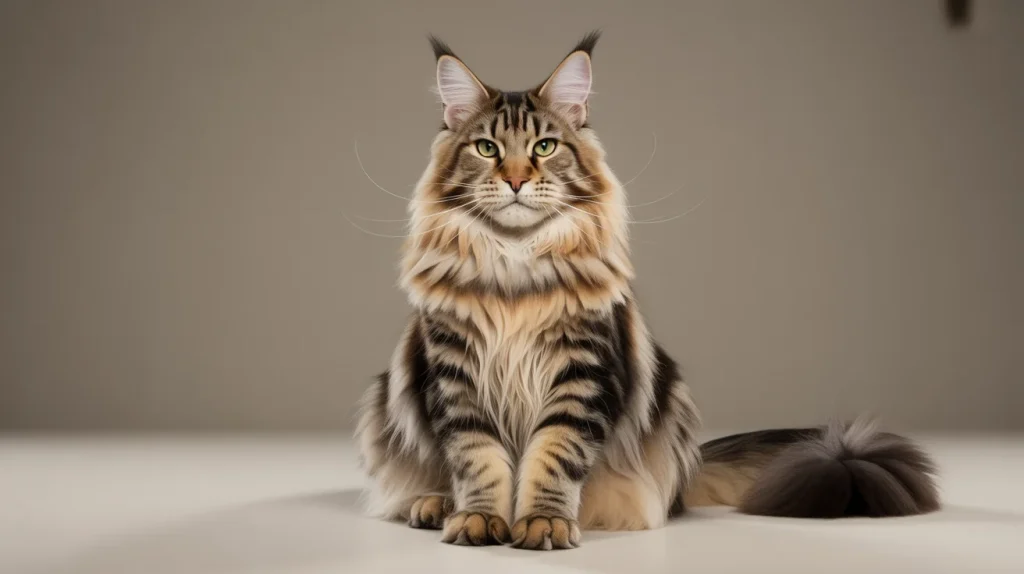
Content
Caring for a Maine Coon Cat
Living with a Maine Coon requires thoughtful attention to their unique needs. These cats thrive on companionship and enjoy being close to their human families, often following them from room to room. Because of their size, Maine Coons do best in homes where they have ample space to explore, climb, and lounge comfortably. Cat trees, elevated perches, and designated climbing areas help keep them active and engaged. Despite their calm temperament, Maine Coons are playful and intelligent, so providing interactive toys and puzzle feeders keeps them mentally stimulated and physically active. Regular attention and interactive play strengthen their bond with their owners and contribute to a happy, healthy life.
Size and Weight
Maine Coon Cat are among the largest domestic cat breeds, known for their muscular build and long, bushy tails. Adult Maine Coons typically stand between 10 to 16 inches tall at the shoulder. Their long bodies, combined with thick fur, make them appear even larger and more imposing. When measured from nose to tail, a full-grown Maine Coon can stretch up to 3 to 4 feet in length, which is remarkable for a domestic cat. Male Maine Coons usually weigh between 15 to 25 pounds, while females are lighter, averaging 10 to 15 pounds. Despite their considerable size, Maine Coons are typically lean and athletic rather than overweight, with their weight reflecting bone structure and muscle mass rather than excess fat.
Nutrition and Feeding
Due to their large size, Maine Coons require a diet that supports both their energy needs and overall health. High-quality protein is essential to maintain their muscle mass and active lifestyle. A balanced diet that includes both wet and dry food helps support hydration and dental health. Portion control is also important, as overfeeding can lead to unnecessary weight gain, which may strain their joints and heart. Nutrients such as omega-3 fatty acids contribute to a healthy, shiny coat, while taurine is crucial for heart and eye health. Providing a well-rounded diet tailored to their age, weight, and activity level is key to keeping Maine Coons healthy and energetic throughout their lives.
Maine Coon Cat Personality and Behavior
Maine Coons are known for their affectionate and friendly personalities. They form strong bonds with their families without being overly demanding. These cats are playful yet gentle, making them suitable companions for children, seniors, and other pets. Many Maine Coons display behaviors that are often described as dog-like. They may greet their owners at the door, follow them around the house, or even learn simple tricks. Interestingly, some Maine Coons enjoy water play and may dip their paws into water bowls or observe running faucets. Their intelligence and curiosity make them highly trainable, and activities such as puzzle toys, fetch games, or supervised leash walking can provide both mental stimulation and physical exercise. Their playful and engaging nature makes them a joy to watch and interact with on a daily basis.
Maine Coon Cat Health and Lifespan
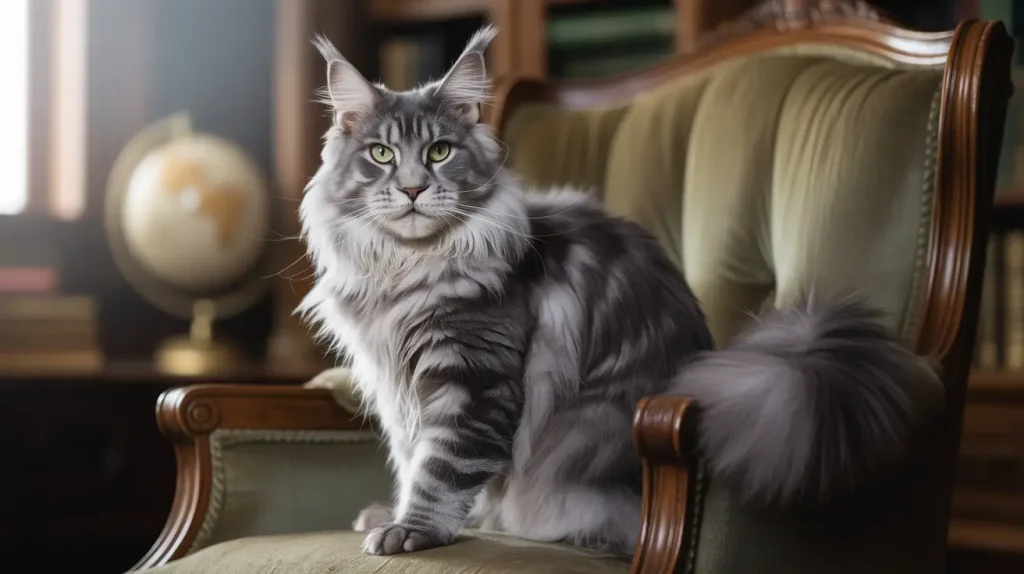
Maine Coons are generally robust cats, but like all purebred breeds, they can be prone to certain hereditary conditions. The Maine Coon Cat Lifespan typically ranges from 12 to 15 years, with some individuals living into their late teens when properly cared for. Maintaining a healthy lifestyle through proper nutrition, regular veterinary visits, and preventive care is crucial for longevity. One of the more common health concerns is hypertrophic cardiomyopathy, a genetic heart condition. Early detection through regular cardiac screenings can help manage this condition effectively. Maine Coons are also susceptible to hip dysplasia due to their large frame. Ensuring they maintain a healthy Maine Coon Cat Weight reduces stress on their joints and supports overall mobility. Additionally, dental care is important, as gingivitis and other oral issues can develop. Brushing their teeth and regular veterinary dental checkups help prevent complications.
Grooming Needs
The Maine Coon’s long, semi-thick coat requires regular grooming to prevent mats and tangles. Brushing two to three times a week is usually sufficient, although individual needs may vary depending on the density of the coat. Their ears should be checked and cleaned regularly to prevent wax buildup, and their eyes may require gentle wiping if discharge occurs. Nail trimming every few weeks keeps their claws comfortable and reduces the risk of accidental scratches. Grooming is not only essential for maintaining their appearance but also provides an opportunity to monitor their overall health and bond with them.
Coat Colors and Varieties
Maine Coons are available in a wide range of colors and patterns. One of the most striking variations is the Maine Coon Cat Black, which features a shiny, sleek coat that contrasts beautifully with their vivid eyes. Other common colors include tabby, cream, red, silver, and bi-color combinations. Regardless of the coat color, their long fur, tufted ears, and bushy tails make Maine Coons a visually impressive breed. Their diverse appearances allow potential owners to choose a cat that matches their aesthetic preferences while enjoying the same gentle and affectionate personality traits inherent to the breed.
Considerations Before Owning
Owning a Maine Coon is a long-term commitment that requires thought and preparation. Their large size means they need sufficient space to move, climb, and play comfortably. Time commitment is also important, as grooming, feeding, and interactive play are necessary to keep them healthy and happy. Additionally, their larger size and longer lifespan can make them more expensive than smaller breeds, with higher costs for food, veterinary care, and grooming supplies. Prospective owners should carefully consider these factors to ensure a Maine Coon fits well into their household and lifestyle.
Conclusion
The Maine Coon Cat is a unique and captivating breed, admired for its size, intelligence, and affectionate nature. By providing a balanced diet, regular grooming, and preventive veterinary care, owners can enjoy a long, fulfilling Maine Coon Cat Lifespan with their gentle giant. Whether you are drawn to the majestic appearance of a Maine Coon Cat Black, fascinated by their impressive Maine Coon Cats Size In Feet, or simply seeking a loyal and playful companion, the Maine Coon offers a rewarding experience for any household. With proper care and attention, this breed forms strong bonds with its family, bringing joy, companionship, and charm to homes around the world.
Learn how to recognize and treat a Dog Eye Infection effectively to keep your pet healthy and comfortable.
FAQs
Why are Maine Coons so expensive?
Maine Coons are costly due to their popularity, large size, and breeding care, which raise their overall price.
Are Maine Coons good house cats?
Yes, Maine Coons are affectionate, gentle, and adaptable, making them excellent companions for most households.
What is the average price of a Maine Coon cat?
On average, a Maine Coon cat costs between $800 and $2,500, depending on breeder, lineage, and location.
Why are Maine Coon cats so big?
Maine Coons are naturally large due to their genetics, muscular build, and adaptation to harsh climates.

Meet Max, the dog’s best friend. He’s a pup-loving pro, sharing tips on training, grooming, and adventures with our four-legged companions.
